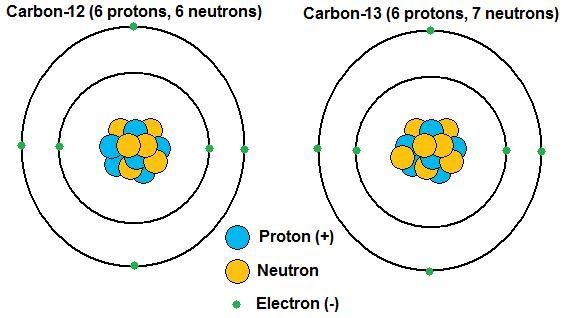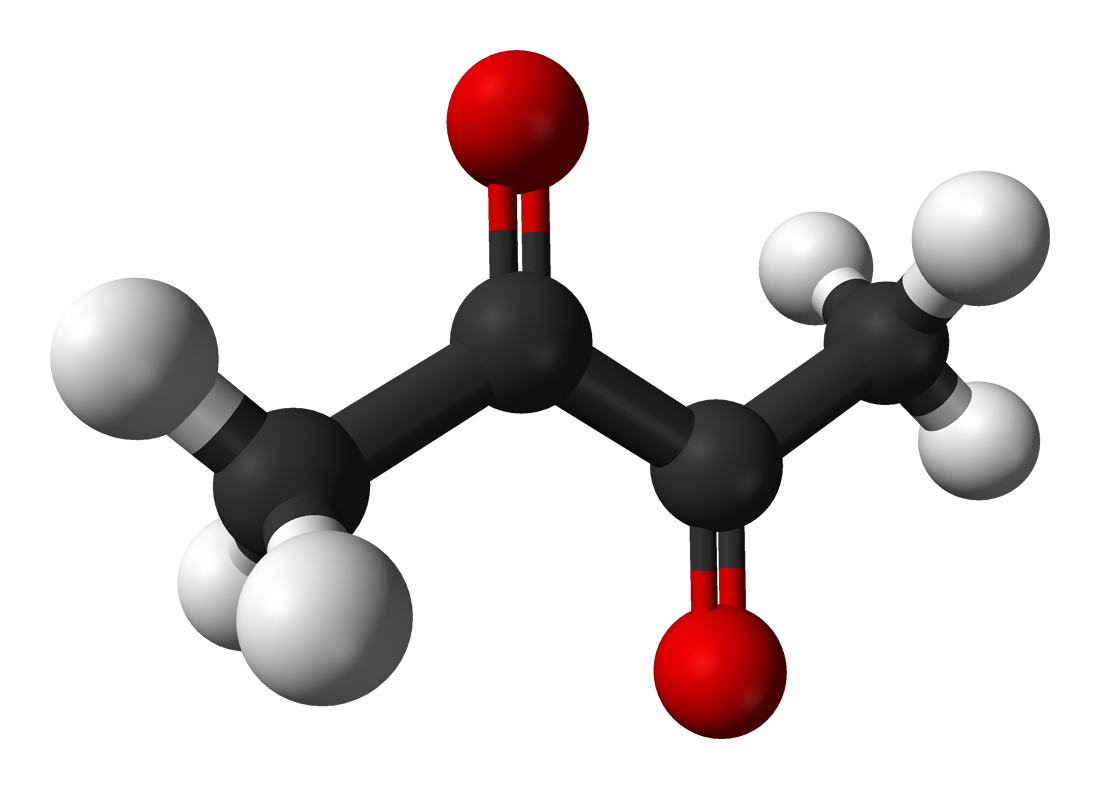|
Note:
Research has shown only the extended inhalation of diacetyl vapors
is connected with damage to the respiratory tract and lungs. Diacetyl
formed naturally in the formation of beer, or consuming foods that
contain the substance itself, has not been scientifically
linked to specific symptoms. Even beer or popcorn with higher
concentrations have failed to prove there is any direct danger in the
consumption of diacetyl.
Scientists
at the University of Rochester showed certain worms could be
"chemically tricked" into preferring the smell of vegetables over
diacetyl. Their goal is to understand gender differences in certain
diseases such as autism and depression.
Hundreds
of experiments were performed in which worms were given forty-five
minutes to crawl towards a specific scent, fresh vegetables or diacetyl.
Worms have two genders, hermaphrodite and male, and it was determined
hermaphrodites prefer the stronger diacetyl scent while the males
more generally crawled towards the vegetable smell. The team then
chemically altered the neurons in the hermaphrodites, essentially
tricking the worm into believing it was a male, and it then chose the
vegetable smell. This proved the behavior of nerve cells present in both
sexes can be modified depending on the sexual status of a given
organism. Autism is a disease that clearly affects more boys than girls
while depression is just the opposite. They hope to understand
how or why a difference in sex chromosomes results in a difference in
how susceptible certain brain functions are to different disorders. In
the hope to better signal health problems such as cancer, Duke
University scientists have suggested hyperpolarized diacetyl
populations can help extend MRI signals.
By
adjusting the spins of nuclei, known as hyperpolarizing, molecules
become more powerful magnets and create a much larger signal. These spin
states do not last long, but by substituting the commonly found
carbon-12s with carbon-13s, the signal can be extended.
Hyperpolarized populations, locked within a specific form of diacetyl,
can be temporarily isolated and transported through the bloodstream to a
potential disease site in which heat could restore the molecules
missing water, causing a clear signal whether there may or may not be a problem.
 Carbon-13, having a net nuclear spin and
emitting an NMR signal, is substituted for its isotope carbon-12 in a
specific form of diacetyl in order to extend MRI signals. Carbon-13, having a net nuclear spin and
emitting an NMR signal, is substituted for its isotope carbon-12 in a
specific form of diacetyl in order to extend MRI signals. |
Possible Benefits |

